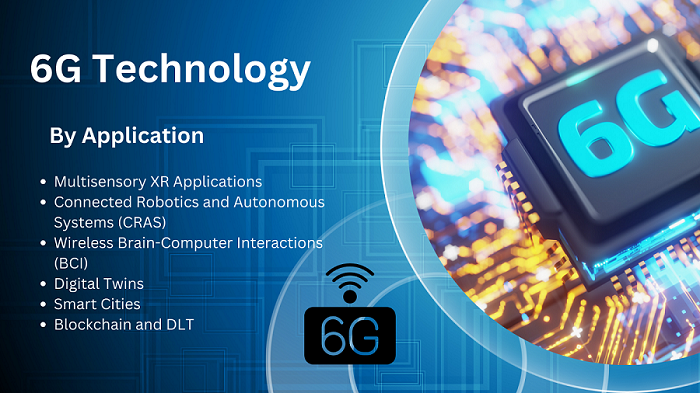The emerging 6G industry represents the next great evolution in global telecommunications, poised to catalyze a wave of innovation that will dwarf the impact of previous wireless generations. This industry is being built today in the research labs of universities, corporations, and government agencies around the world. It is an industry that will be defined by the convergence of multiple technologies: advanced wireless communications, artificial intelligence, cloud and edge computing, and satellite networking. Its primary mission is to create a single, unified network that can meet the extreme performance demands of a future where trillions of devices, people, and autonomous systems are constantly interacting in real-time. The 6G industry is not just about building a faster network; it is about architecting the foundational infrastructure for the next phase of human and economic development.
This technological revolution has a clear and powerful economic footprint, with the industry set to become one of the most valuable sectors of the global economy. The future of the 6G industry is projected to be incredibly lucrative, with its market size forecasted to reach a valuation of USD 800.0 Billion by the year 2035. This astronomical figure will be the result of a period of hyper-growth, with the industry expanding at an unprecedented compound annual growth rate (CAGR) of 51.86% over the next decade. This forecast is a testament to the industry's transformative potential, attracting billions of dollars in R&D investment and setting the stage for a massive global infrastructure renewal cycle that will drive economic activity for years to come.
The impact of the 6G industry will be felt across every other sector of the economy. In healthcare, it will enable real-time remote diagnostics and robotic surgery, fundamentally changing how care is delivered. In manufacturing, it will power "lights-out" smart factories where digital twins control and optimize every aspect of production with microsecond precision. The transportation industry will be revolutionized by fully autonomous vehicles and traffic systems that communicate seamlessly to eliminate congestion and accidents. For the entertainment industry, it will deliver truly immersive and interactive holographic and XR experiences that are indistinguishable from reality. The 6G industry will act as a "meta-industry," a platform that elevates the capabilities and efficiency of all other industries.
The future development of the 6G industry will also be shaped by new challenges and considerations, particularly around sustainability, security, and digital equity. A key focus of the industry is to design a network that is far more energy-efficient than its predecessors, minimizing its environmental footprint despite the massive increase in data traffic. Security will need to be re-architected from the ground up to protect against new threats in a hyper-connected world. Furthermore, there will be a strong societal push to ensure that the benefits of 6G are distributed equitably, bridging the digital divide rather than widening it. The success of the 6G industry will depend not only on its technological prowess but also on its ability to build a network that is responsible, secure, and beneficial for all of humanity.
Explore Our Latest Trending Reports:



